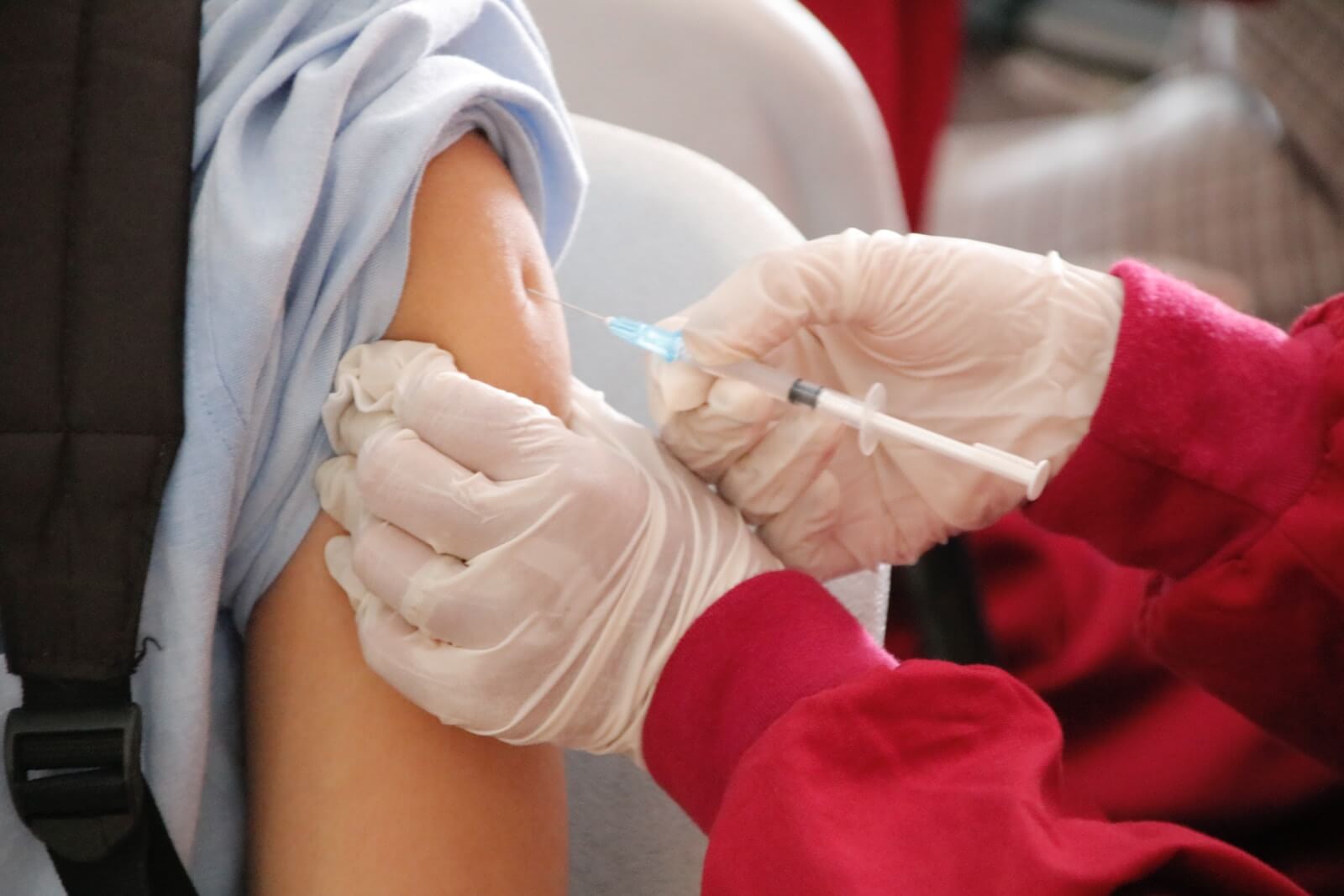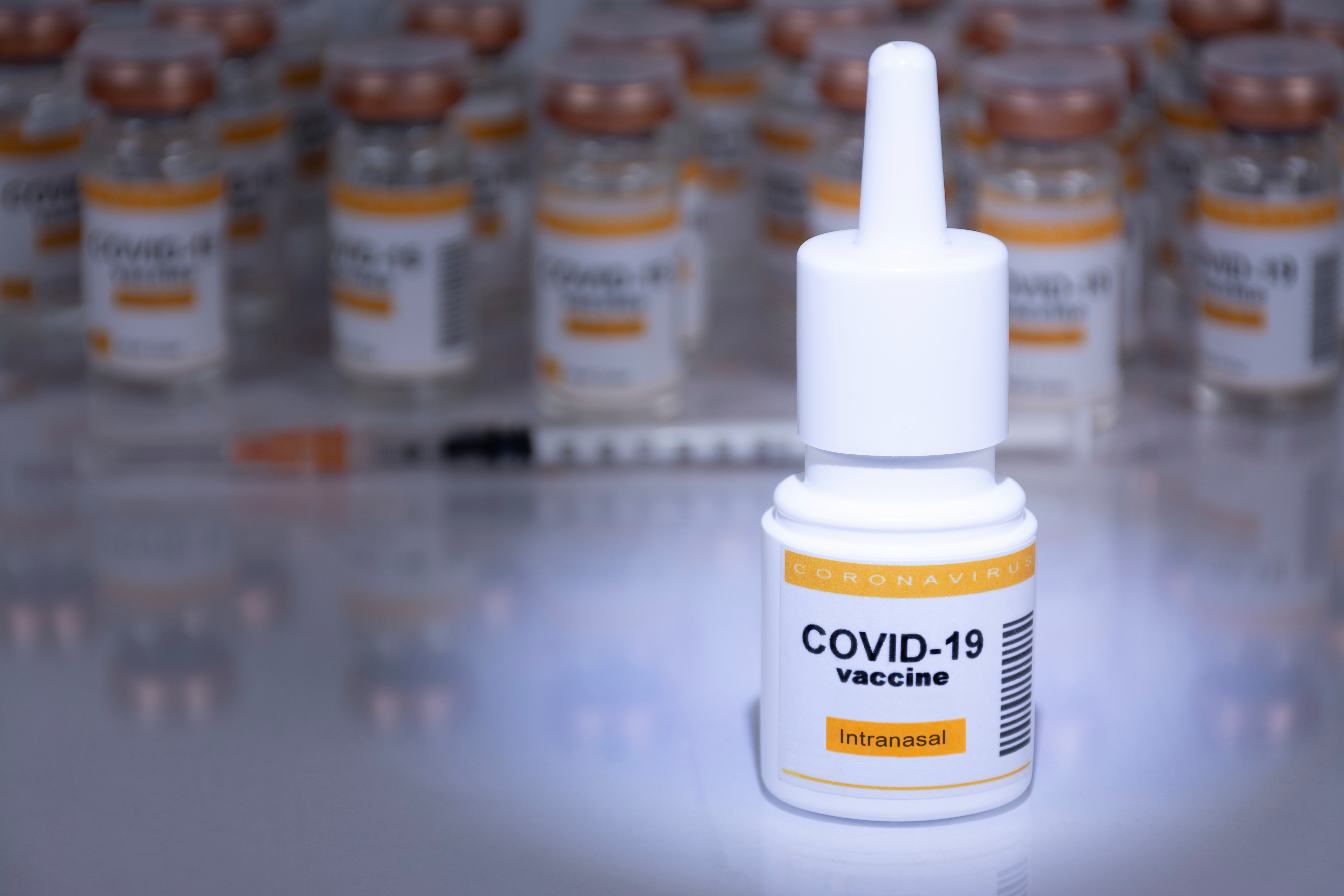KAIZU, Japan — The future of vaccines may no longer rely on needles, as the challenges posed by COVID have prompted scientists to explore alternative methods. Current research suggests that oral vaccines might be not only easier to administer but also more effective. The most efficient way to neutralize a virus is when it is present in the epithelial cells that produce mucus, which is located in the lungs, nose, and mouth.
This method tackles the virus before it can enter the cell’s body, according to researchers in Japan.
Immunoglobulin A, a type of antibody, incapacitates viruses. A vaccine that stimulates its production could effectively prevent disease. Since Immunoglobulin A functions within mucus, a vaccine that promotes its production there, rather than in the blood, would be significantly more effective.
While nasal vaccines have been employed in the past, they often result in side-effects like headaches and fever. However, the team from EPS Innovative Medicine Company in Japan has developed an oral vaccine for COVID that encourages the production of Immunoglobulin A. When tested under the tongues of monkeys, it generated the required protective antibodies without causing any side-effects.

“The practical mucosal vaccine will be administered through the nasal or oral cavity route,” says Dr. Tetsuro Yamamoto, director of the Research Center at EPS, according to a statement from SWNS.
“In the case of nasal route, the vaccine is sprayed into the nasal cavity, where it is difficult to know the exact point and/or amount of administered vaccine. Conversely, the oral route, especially sublingual administration, is simple and convenient because of self-visualizing all of vaccination procedures, including site and amount,” Yamamoto continues.
“In two monkey groups that were given low and high RBD antigen doses, RBD-specific IgA and IgG antibodies were detected in their pituita and plasma, respectively. These provided positive results for further study on the safety and efficacy of sublingual vaccines to SARS-CoV-2 using the monkey model.”
This suggests that, with further research, clinics may soon be able to offer oral vaccines against the coronavirus, which would be more popular and more successful against the disease.
The study is published in the journal Biology Methods and Protocols.
You might also be interested in:
- Needle-free: COVID vaccine patch provides better protection against Omicron, other variants
- Hate needles? Nasal COVID vaccines may be on the way
- COVID vaccines do not affect menstrual cycles, new research confirms
South West News Service writer Jim Leffman contributed to this report.

